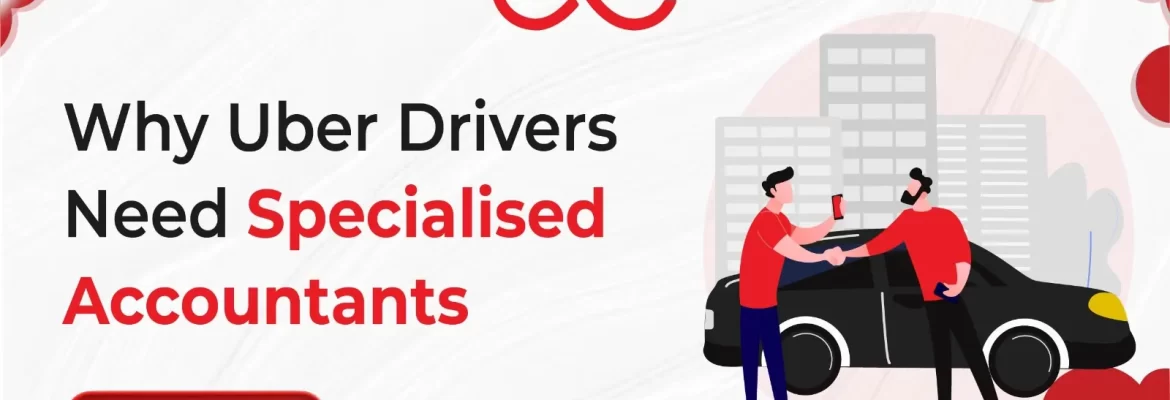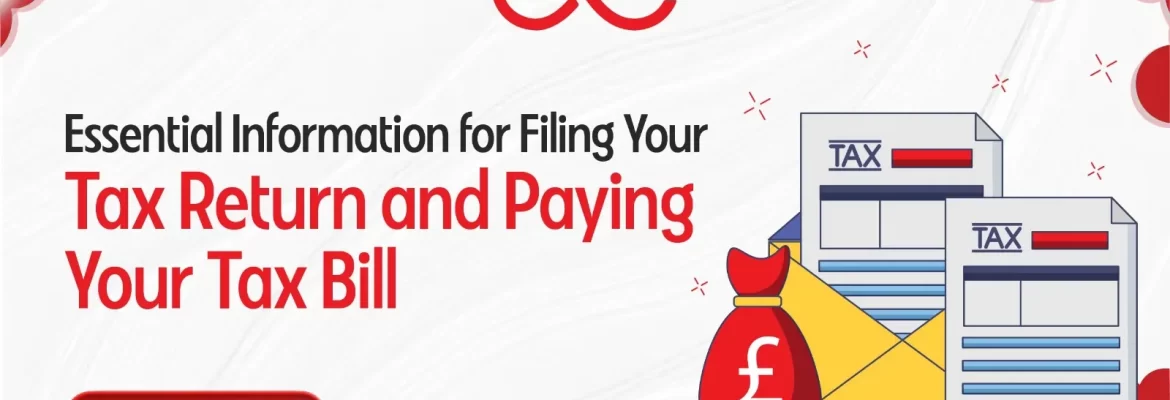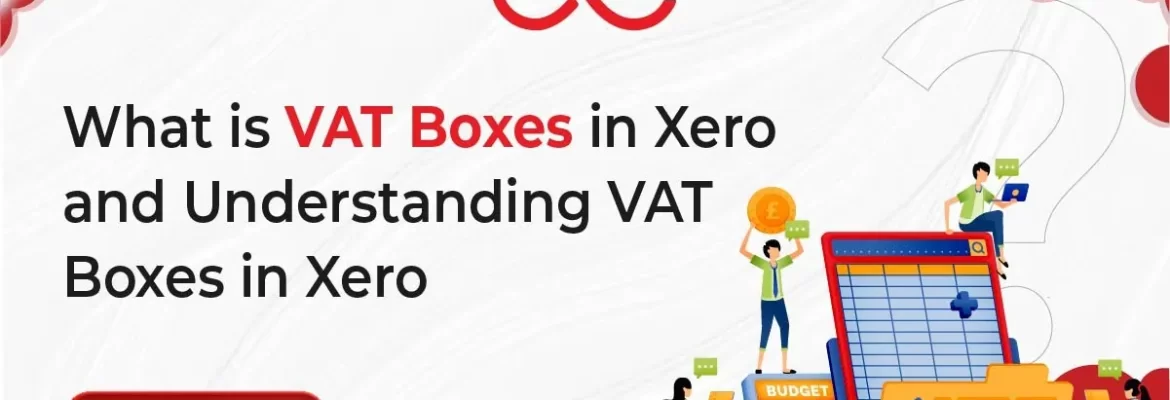Being an Uber driver is considered self-employment, and you’re technically working as work partners with these taxi operators, ride-sharing companies, and delivery agencies. Unlike traditional employees, Uber drivers have to manage their income and expenses, track their mileage, and handle their own taxes. Specialist accounting services will make this process simpler, while saving you time […]




